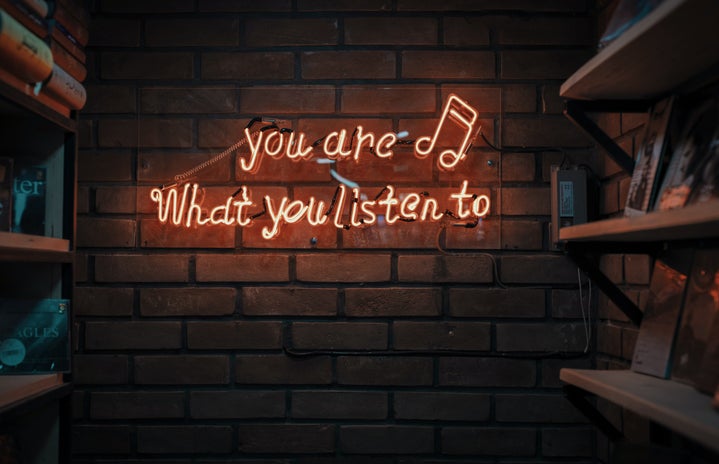Learning to play the recorder haunted my third-grade experience. Going to music class was a chore: I never knew where to place my fingers, I still don’t know how to read sheet music and I’m sure I would have much rather had an extra hour of math. What I didn’t realize at the time, however, is the importance of learning how to play an instrument at a young age.
According to research from the Journal of Neuroscience, a musician’s brain has more secure structural and functional connections in comparison to a non-musician. This means that musicians have more synchronized activity between different regions of their brain, so let’s talk about why.
One of the more obvious reasons, of course, is practice. Children who learn to play instruments from a very young age and continue to practice through their adolescence have more experience using different regions of their brain at the same time. Pianists, for example, are required to master coordination between the left and right side of their brain which is only solidified through years of practice.
Learning an instrument requires a unique skill set that other components of our everyday life do not. This is why people who do not grow up playing an instrument do not have the same opportunity to strengthen their neural networks in the same way. The research also showed that musicians had stronger white matter connections within auditory regions which are all used for a variety of high-level processing.
Research shows that incorporating playing an instrument in your daily life is one of the most effective ways to keep your brain healthy. It utilizes every major part of your central nervous system as it requires the use of the left and right sides of your brain. The precise finger movements and the fine-tuning of your motor skills to master your instrument engages your peripheral nervous system as well. When you play, your brain must make quick decisions depending on your instrument which requires the use of the brain’s executive functions. All of these components added to the extensive visual and auditory input is an attestation to the fact that playing an instrument is a full brain workout.
We’ve talked about learning how to play an instrument and the effect it has on development, but it provides health benefits for the elderly as well. Studies show that playing an instrument at an older age may decrease memory loss and improve cognitive function. A study tested people between the ages of 65 and 80 years old who started to play the piano over the course of 6 months. The subjects experienced increased memory functions, improved motor and verbal skills and they were able to process information at a much quicker rate.
Apart from the socioeconomic factors that impact a child’s access to instrument lessons, it is essential for development in my opinion. Every child should be able to learn an instrument in elementary school and have an opportunity to retain their practice through their primary education. Maybe playing the recorder in elementary school seemed traumatic at the time, but at least my brain got a workout!



